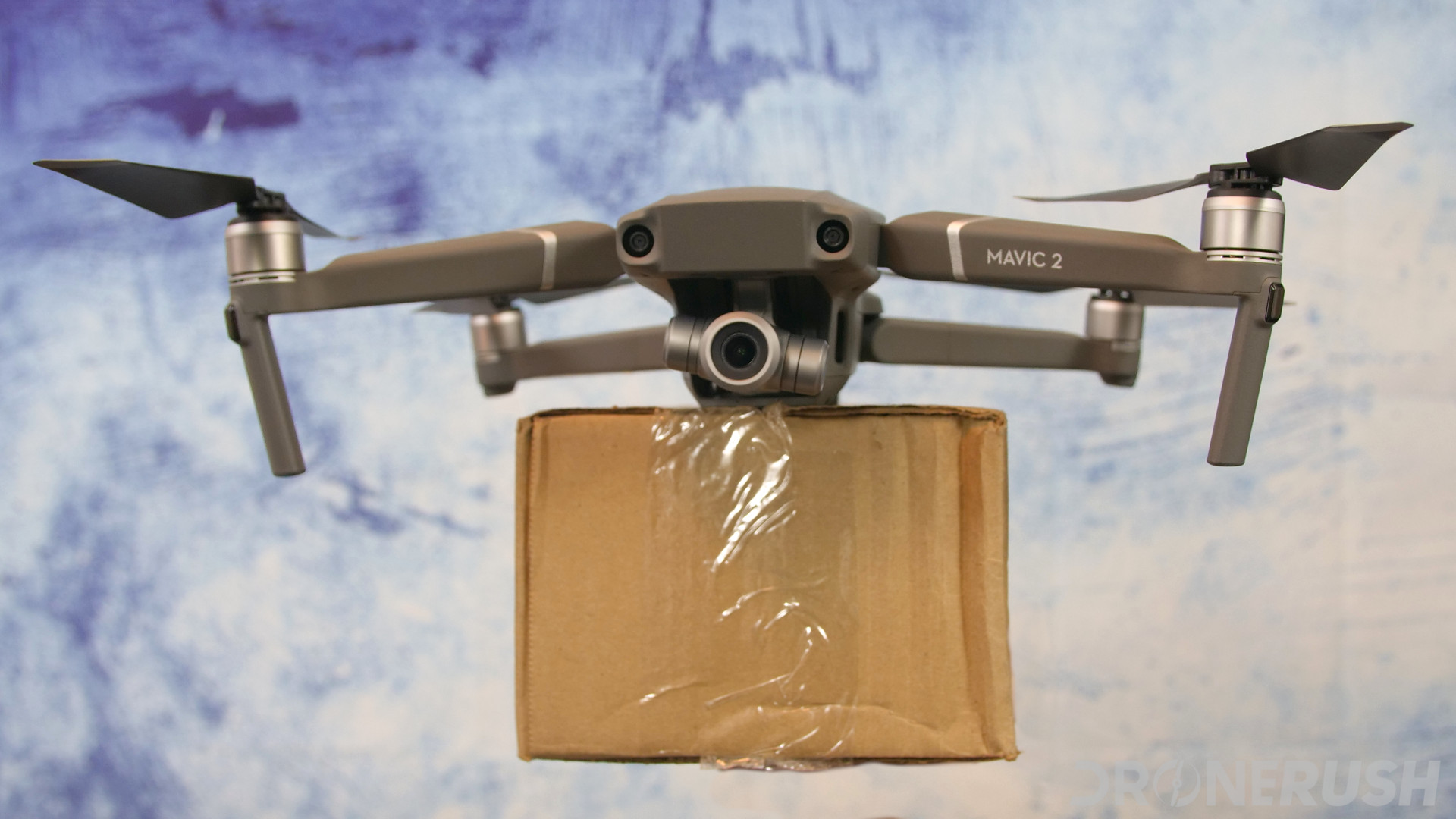
Make no mistake, the technology exists to begin drone delivers today, but the laws and economics of it all are not what you think.
This is an excerpt from a more detailed post about drone deliveries over on Drone Rush.
 Loading poll
Loading pollSKYWATCH: a Sci-Fi Short from Colin Levy on Vimeo.
We all believe it’s coming, the day when a drone flies up to your house, drops off your Amazon delivery, then flies off to make its next stop. We’ve seen it in the movies, heck, we’ve seen it in real life, so why isn’t it a thing?
For some of you, if we just blame the government, you’ll be happy with that and go on with your day. While restrictive drone laws are largely to blame, the pure economics of it all are also an obstacle.
Drone laws for drone deliveries
The FAA in the United States makes drones laws fairly simple to understand. The industry is working on making things safer, so that the FAA can loosen up their hold, but for now, a few rules are in our way:
- A drone pilot may only operate, or oversee the operation of, one drone at a time.
- The drone pilot must keep the drone within visual line-of-sight at all times during the flight.
- A drone may not fly over top of people not involved in the flight operations.
- A drone must weigh less than 55 lbs, including payload.
There are other laws that are related, and there is the ability to get waivers for the above rules in certain situation, but these few drone laws make the operation and economics of drone delivery a very difficult thing.
Economics of drone deliveries
The legal limitations above make for a difficult financial decision for companies looking to deliver your toilet paper with a drone.
One pilot for one package, or one driver with hundreds of packages?
Limiting the weight of a drone, and then requiring a one-to-one ratio of pilot to drone, is the easiest financial barrier to understand. A single delivery driver can leave the warehouse with hundreds of packages to be delivered in a day. A drone might be able to carry only a few packages at a time.
Don’t forget that a delivery truck may go several days on a tank of fuel, most electric drones are getting around 30 minutes of flight time.
The line-of sight rule is the real kicker. There are few scenarios where a delivery driver can see your house, but is not be able to reach it by ground travel. A drone may be faster than an elevator to get a package up to a balcony, or the front gate of your acreage may be locked, but how often does a delivery driver really deal with these situations?
In the end, it all boils down to safety. Sure, the rules may sound restrictive, and things may be possible with far fewer issues than the FAA fears, but the problem with flight is that when things go wrong, well, you know.
The industry is developing and deploying safety features that allow pilots to attain waivers of the rules above. Things like parachutes, redundant flight systems, and 5G connected telemetry add to the capability and safety of the operations. The FAA has brain trusts, made of important industry leaders, that are working on solutions for BVLOS and more, tests are happening successfully in controlled environments, our future with drones in the sky is still possible.
To learn more, please head over to our full post on Drone Rush.



No comments:
Post a Comment